Why We Have Such Complicated Feelings About Eating Horses
Horse meat has rarely gone down easy.
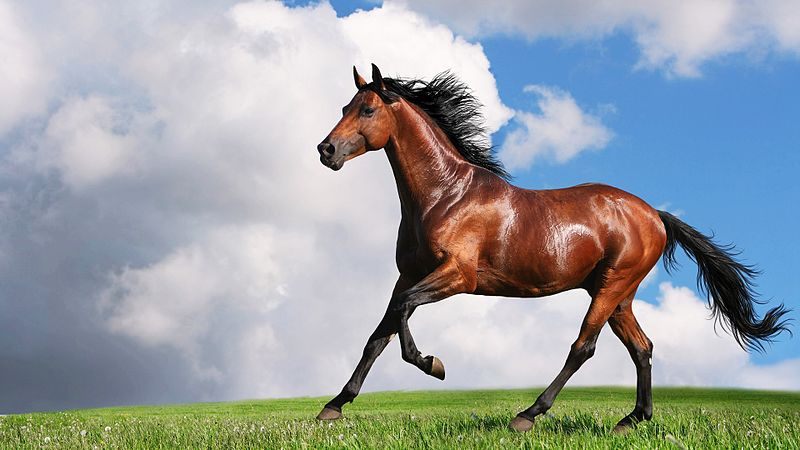
In many cuisines—Chinese, French, French Canadian, Kazakh—eating horse is no big deal, and sometimes even considered a delicacy. But in the U.S., the U.K., and much of the modern English-speaking world, the idea of horses as food is considered a big no-no, even among avid meat eaters.
The practice of eating horses goes back to the time of early man, with evidence of horse consumption dating back to the Paleolithic era. But using horses as food has long presented both practical and emotional quandaries. Almost universally, horses have long been seen as companions and beasts of burden. “It’s an animal we anthropomorphize, but it also comes from this tradition of herbivores that we feel more comfortable eating,” says Amy Bentley, a Food Studies professor at New York University, who has never tried horse meat herself. “So, I’m sure that makes it more flexible in that way.”
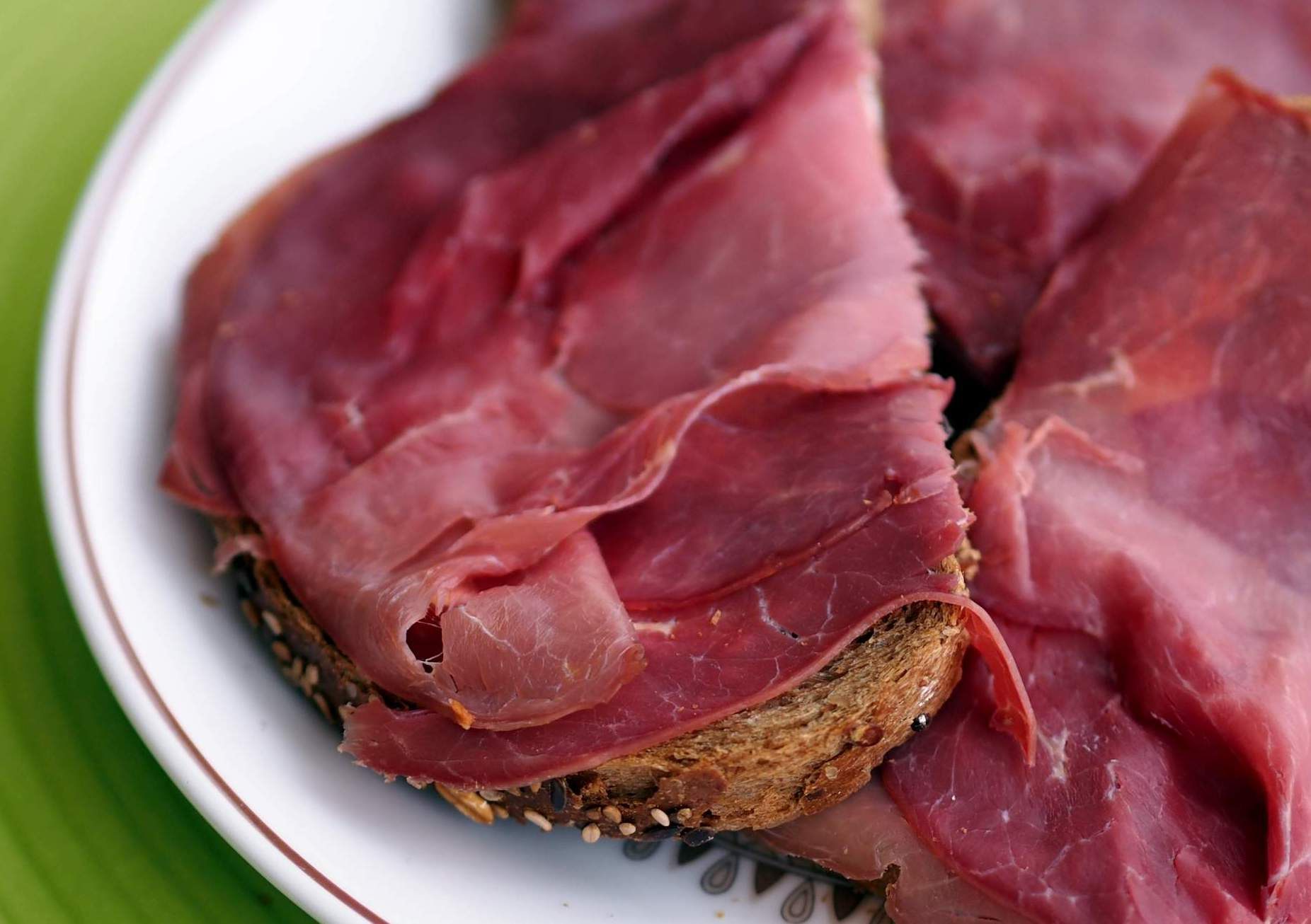
There has also been a nearly ever-present religious objection to eating horse. Religions such as Judaism forbid the consumption of certain animals*, including horses, as a general tenet. Within Christianity, horse-eating became taboo with a papal decree in 732, when Pope Gregory III deemed the consumption of horse meat to be a pagan practice (possibly in an effort to preserve horses for more practical purposes, such as war). This decree still forms much of the historical foundation of the Christian aversion to eating horse.
The cultural development surrounding the production and eating of horse meat differs from country to country, but for the most part, it has been eaten out of necessity. “Here’s this huge animal with hundreds of pounds of meat on it,” says Bentley. “If you’re going to eat animals, it’s a pretty logical animal to eat.”
In places such as the U.S. and the U.K., horse has been eaten during war and recession, when other animal foods weren’t easily available. This has given equine meat a reputation as a cheap food eaten mainly by the poor.
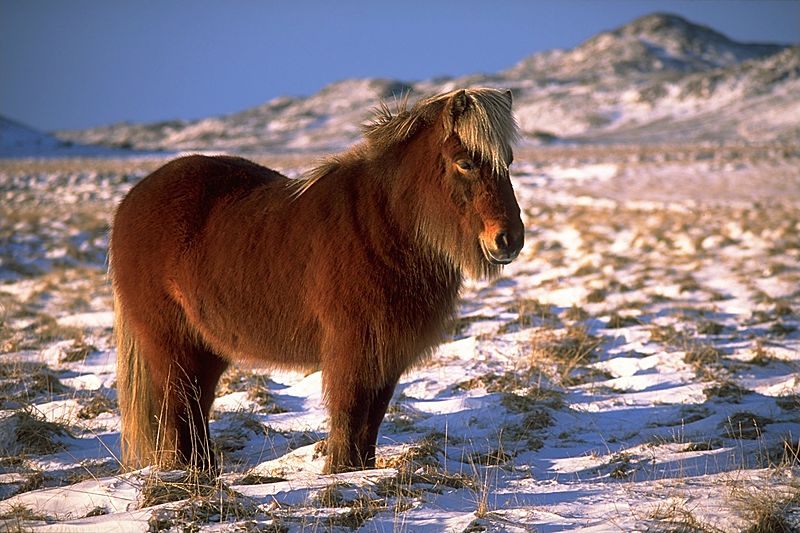
In both the U.S. and the U.K., the countries that today are arguably the most easily offended by the concept, eating horse meat was not uncommon into the 1930s, although it was often passed off as more desirable meats.
In America, horse-meat consumption tapered off slowly, as traditional taboos reasserted themselves along with economic growth and people’s ability to be choosier about what they ate. “It is a luxury to declare certain foods off-limits,” says Bentley.
The practice did, however, hold on in certain circles. A 2007 article in The New York Times mentions several situations in which horse meat briefly came back into vogue (or never left). For instance, in 1950s Oregon, horse meat experienced a small comeback and Time even shared cooking tips in an article about the trend. As explored in an article on Priceonomics, during the post-boom recession in the mid-1970s, the price of beef soared, and a shop in Connecticut started selling horse meat. It became so popular that they were eventually able to put out a cookbook.
In at least one case it wasn’t poverty, but tradition that kept horse in people’s mouths. The Harvard Faculty Club kept horse on the menu into the late 1970s, largely due to the fact that the meat was taboo. It made their little club feel even more exclusive. They only stopped serving it when it became difficult for the delivery truck to reach the club.
But from the 1980s on, eating horse meat became even more of a cultural bogeymeat. Probably the most famous case of horse meat causing a scandal in the U.S. occurred in 1981, when a food producer from Australia was found to be selling horse (and kangaroo) meat to the U.S., labeled as beef. The meat was headed for fast-food chain Jack in the Box, to be used in their tacos. The meat never made it to the mouths of customers, but the persistent rumor that the chain was using horse meat lasted for years.
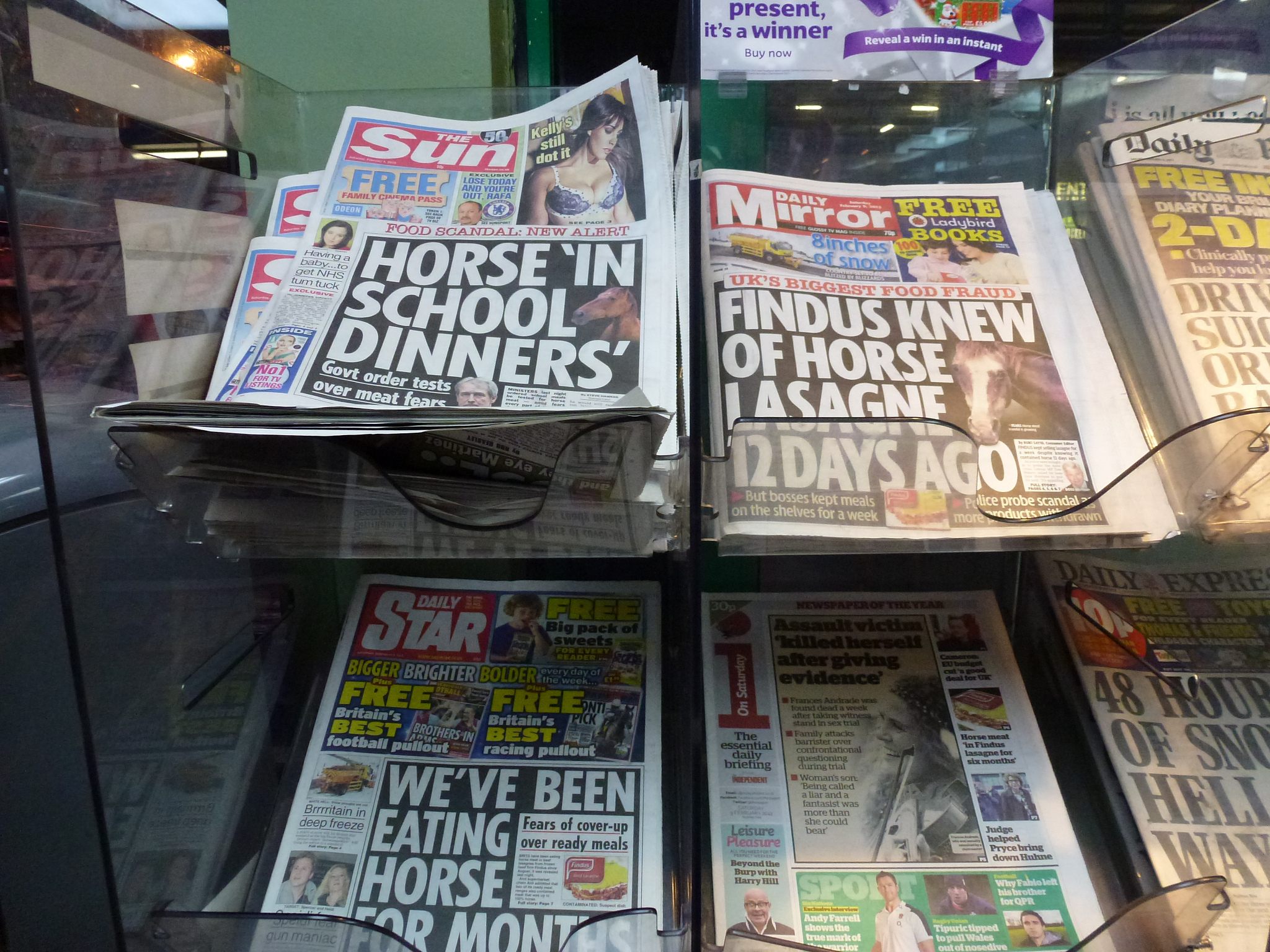
In 2013, a scandal rocked the U.K. when it was discovered that many of the meats being sold as beef in grocery stores and fast-food chains were in fact horse meat. In some cases, horse meat was found to be mixed in with actual beef, while in others, the whole thing was 100 percent mislabelled horse meat. The scandal led to months’ worth of headlines, multiple investigations as to the origins of the illicit flesh, and emptied supermarket shelves as millions of burgers were recalled.
Some of the religious implications of unknowingly consuming the meat were no joke, but any health risks were negligible aside from a concern about veterinary horse drugs making it into food. Once again, the actual problem was mostly about the fact that the meat was misrepresented, pointing out major holes in the supply chain that allowed horse meat to be substituted for the advertised meat. Still, the public’s response was revulsion.
According to a 2014 BBC article, the horse-meat scandal caused many British shoppers to start going directly to the butcher as opposed to buying pre-processed meat that might contain horse. When speaking about how people had soured on frozen foods after the scandal, a representative for one consumer research company said: “It kind of confirmed matters when people saw that a frozen ready meal turned out to be all horse and no meat.” For many, horse simply isn’t for eating.
From France to Germany to Italy, people still enjoy horse meat in limited amounts, and countries such as Mexico and Canada still export horse meat all across the world (even the U.S. had horse slaughterhouses for export until 2007). But horse meat still makes headlines. The European Union is working on tightening regulations to avoid a repeat of the 2013 scandal, and there are still stories of people smuggling horse meat into countries where it is seen as taboo. Things may eventually get dire enough that horse meat will once again seem acceptable in the English-speaking world, but until then, it’s likely to remain pretty scandalous, mainly because of our love of our equine pals. “I think My Little Pony might kill it actually,” says Bentley. “There’s way too many My Little Ponies out there.”
*Correction: Previously the article stated that eating horse was forbidden in Islam which is incorrect, it is only looked down upon by certain schools of thought, not prohibited. The reference was removed.
Gastro Obscura covers the world’s most wondrous food and drink.
Sign up for our regular newsletter.




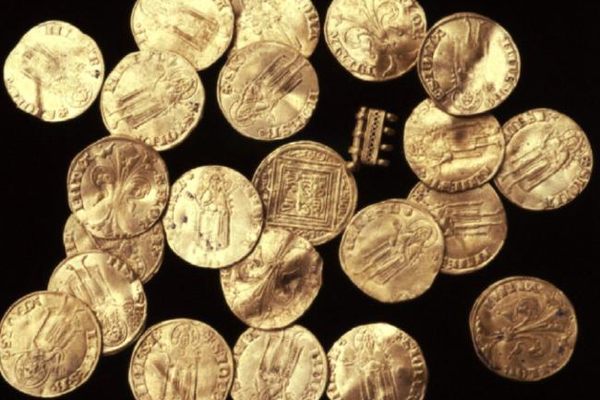



















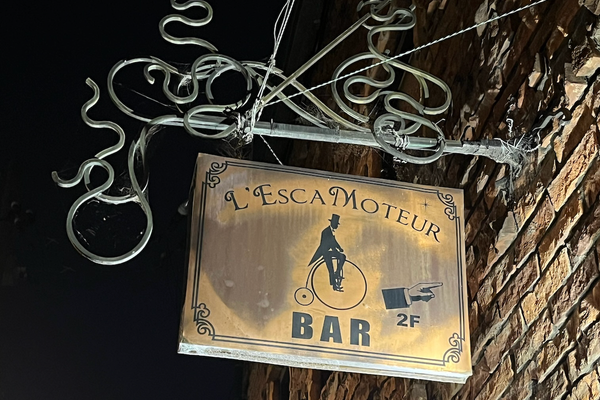


Follow us on Twitter to get the latest on the world's hidden wonders.
Like us on Facebook to get the latest on the world's hidden wonders.
Follow us on Twitter Like us on Facebook